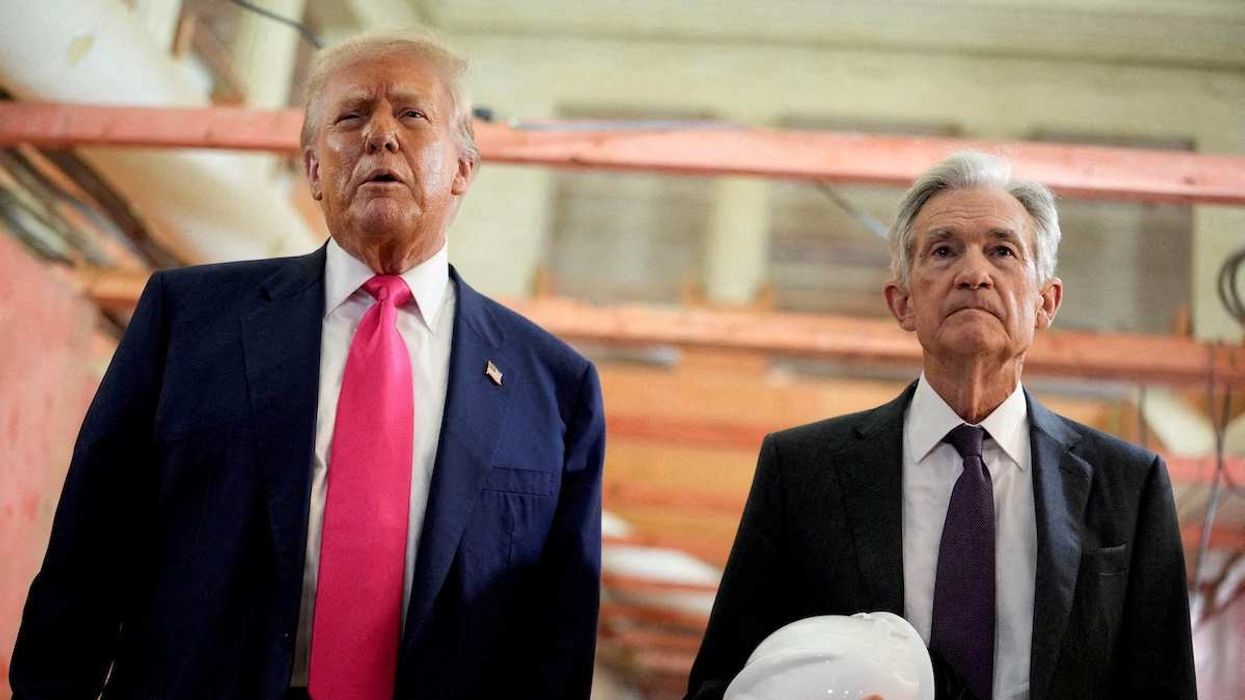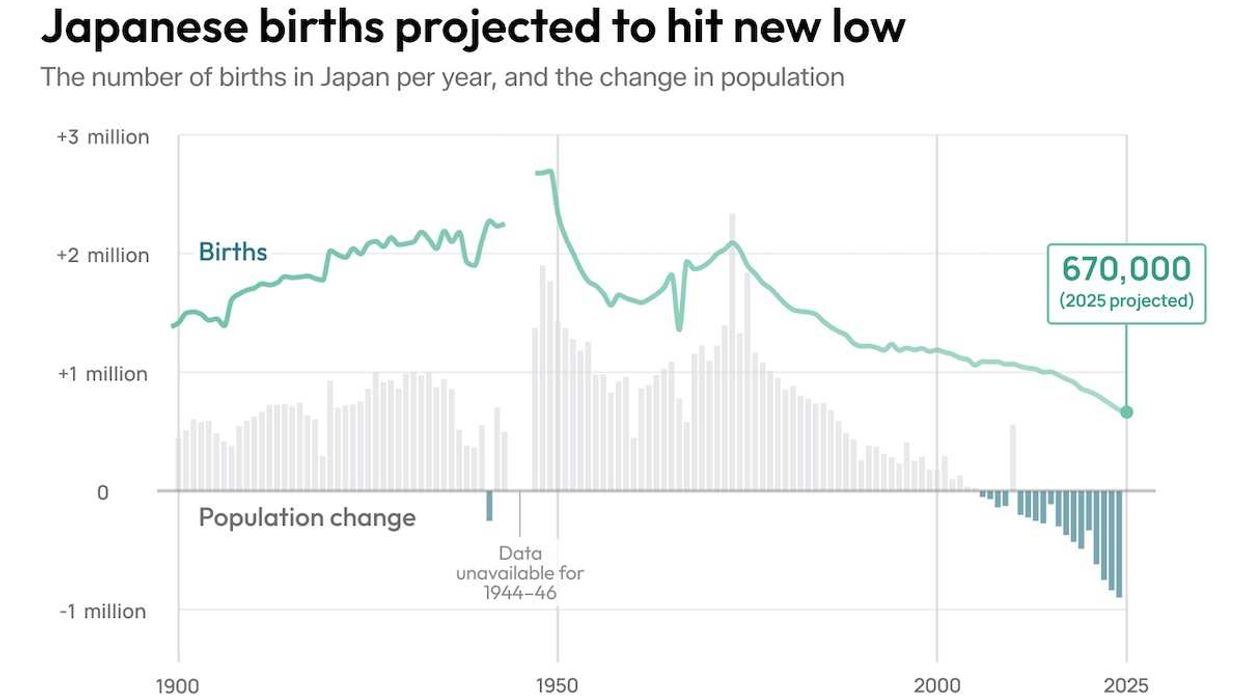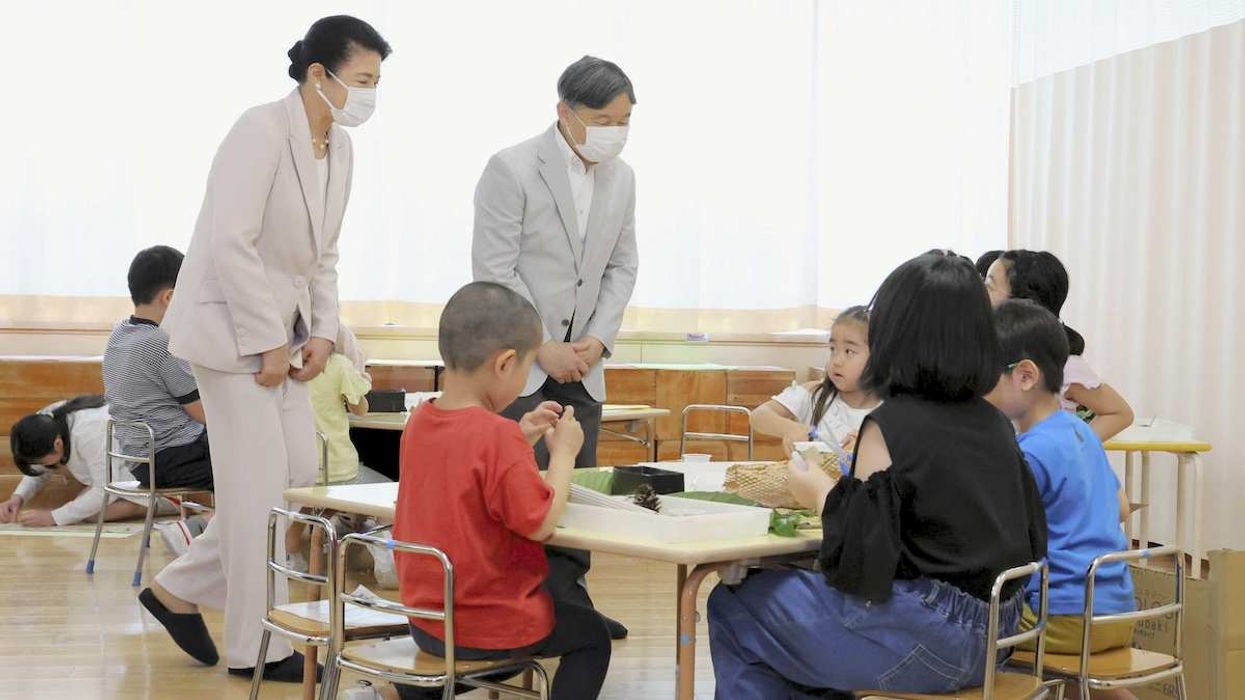Hard Numbers
Hard Numbers: Gabon suspends social media, Bulgaria to hold yet another election, Japan puts some money on the table, Philippine vice president declares presidential run
2.5 million: The population of Gabon who can no longer get onto certain social media platforms, like YouTube and TikTok, after the government suspended access on Tuesday.
Feb 18, 2026










